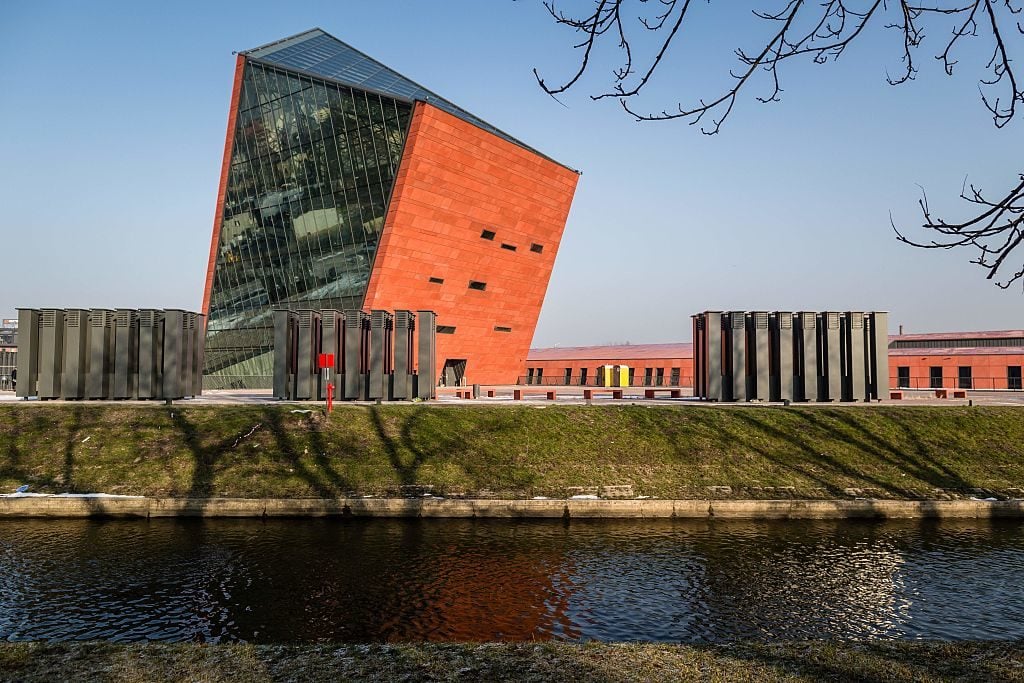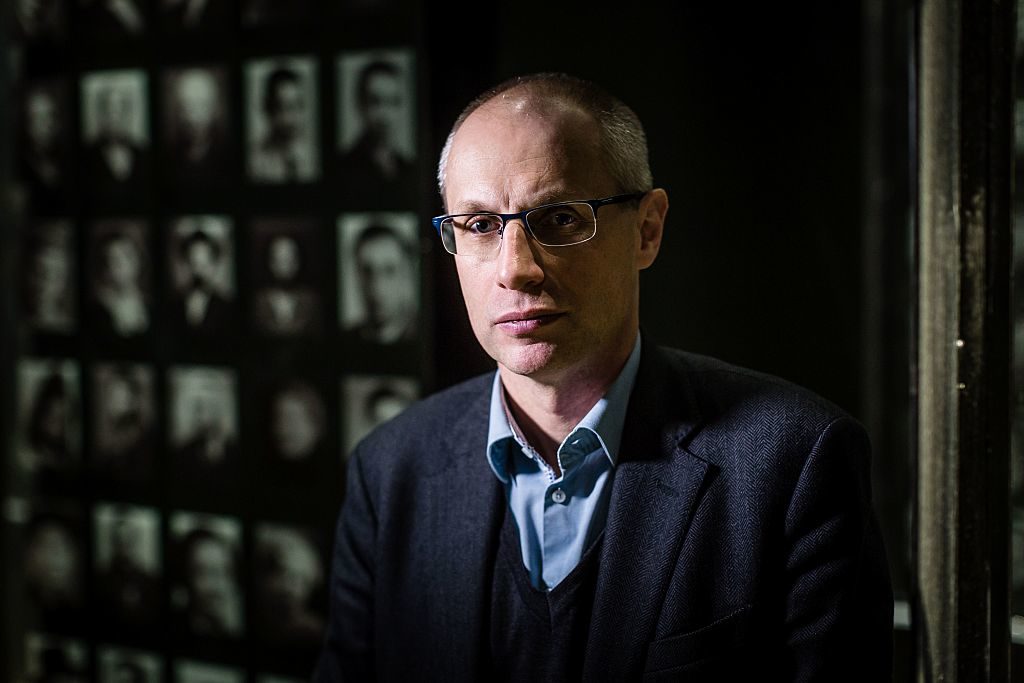Politics
Polish Court Gives Official Go-Ahead for Controversial World War II Museum Merger
Amid political intrigues, the museum's current director fears for his job.

Amid political intrigues, the museum's current director fears for his job.

Alyssa Buffenstein

The Supreme Administrative Court in Poland on Wednesday ruled in favor of a merger between the Museum of the Second World War in Gdansk, which opened on March 23, and a museum in the works dedicated to the Battle of Westerplatte, where Germany first invaded Poland in September 1939.
A project of the right-wing government currently in power in Poland, the merger has been contested for months—a counter-proposal to suspend it was blocked in late January—but now the court has given the government the go-ahead to make it happen, the New York Times reports.
Poland’s Minister of Culture and National Heritage, Piotr Glinski, is the leader of the project, which will divert the focus of the museum from an international view of the Second World War, to one that emphasizes the Polish perspective, specifically the experience of Poland’s first battle with Germany, which ended in Polish surrender.
But there are also contemporary politics at play. Museum director Pawel Machcewicz believes his job is about to be taken from him.
Machcewicz, AFP reports, is aligned with Donald Tusk, former Prime Minister of Poland and current President of the European Council. Tusk appointed Machcewicz to the post in 2008; and from 2008 to 2014, Machcewicz served as Tusk’s chief adviser.
Tusk, aligned with the center/center-right Civic Platform party in Poland, is a long-time opponent to Jaroslaw Kaczynski, the current head of Poland’s right-wing Law and Justice (PiS) party, of which Glinksi is also a member.

Professor Pawel Machcewicz, director of the Museum of Second World War. Photo courtesy WOJTEK RADWANSKI/AFP/Getty Images.
Machcewicz believes that the reason for the merger is to oust him from his post, which he has held for eight years, to allow for the PiS to replace him with party members.
A statement from the Polish Culture Ministry says that the merger will be effective immediately. It describes administrative, technical, and economic improvements to the museum, which will have an increased focus on “the heroism of Polish soldiers in the first hours and days of the World War II.”
The statement claims that the merger will respect the efforts put forth by the existing museum, but does not indicate whether changes in staff are impending, nor does it detail the specific nature of any other changes.
More than 14,000 guests have visited the museum—which had a cost of €104 million ($111 million)—in the two weeks it has been open to the public. However, Glinski, as well as Poland’s Prime Minister, Beata Szydło, also of the Law and Justice party, were no-shows at the opening.